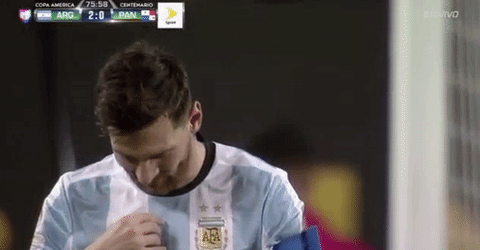This was a very busy year on the Catholic beat. A decade after Pope Francis replaced the then-retiring Benedict XVI, the consistently progressive pontiff has very much been the focal point of plenty of news coverage in 2023.
Pope Francis was named the top religion newsmaker of the year by members of the Religion News Association. That was before his decree that priests should offer blessings to same-sex couples. The mainstream news coverage of that decision was precisely what press critics would have predicted.
Thus, Catholic media will — once again — be required reading for everyone who wants to better understand what’s going on. Mainstream media sources, while always the center of our attention, aren't the best place to get news and information out of this Vatican. GetReligion readers will not be surprised by that statement.
Plenty of what went on this past year will spill over into the next. I again expect 2024 to be another very busy year. Can you say “synodality”?
Here are my five storylines to watch for in the new year:
(5) Pope Francis’s health
I had this on my list last year. A year later and it remains a major storyline after the pope turned 87 earlier this month.
The pontiff has had so many health scares that Catholic News Agency published a timeline of his hospital-level issues in 2022 and updated the story file this fall. In November, the pope suffered a bout of pneumonia that forced him to miss the United Nations climate conference held in Dubai.
A key thing to look for regarding Francis’ death is what will transpire afterwards regarding the College of Cardinals, the men actually tasked with electing a new pontiff.
Over the last decade, Francis has elevated many bishops. Pew Research found that Francis had elevated fewer Europeans throughout his pontificate, but he has favored bishops whose views are sympathetic to his own.






